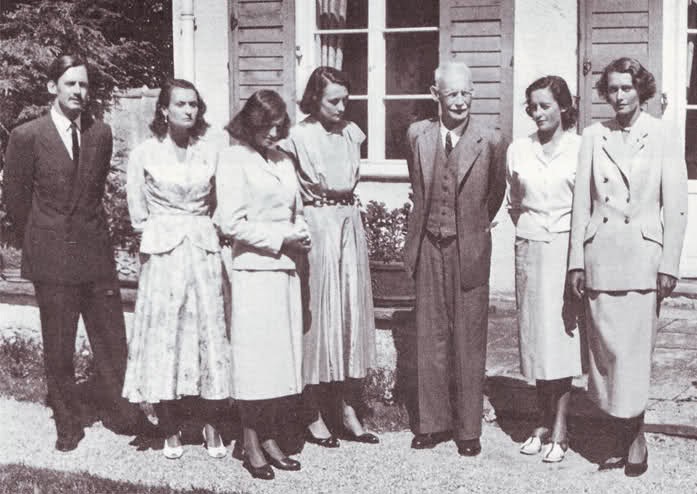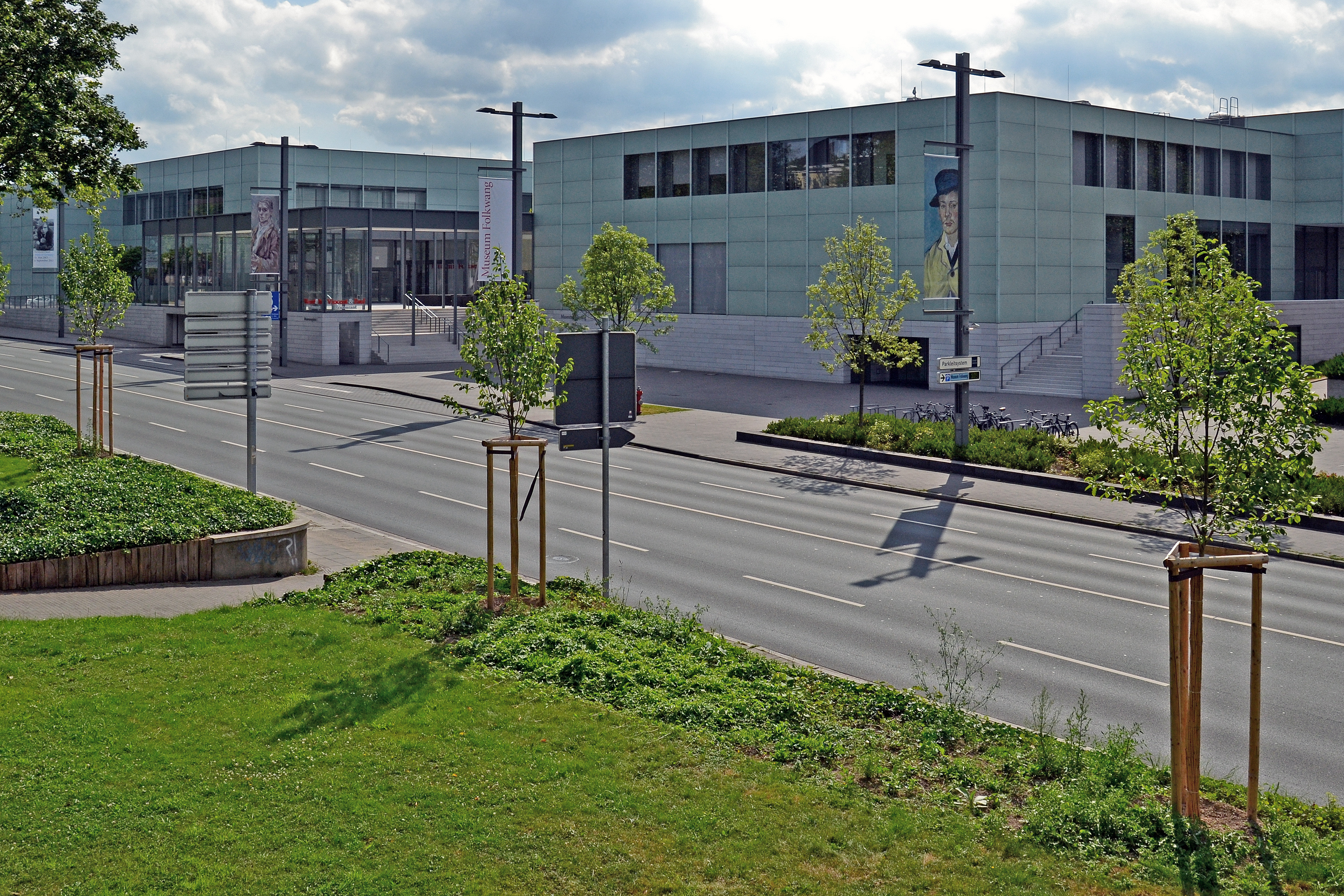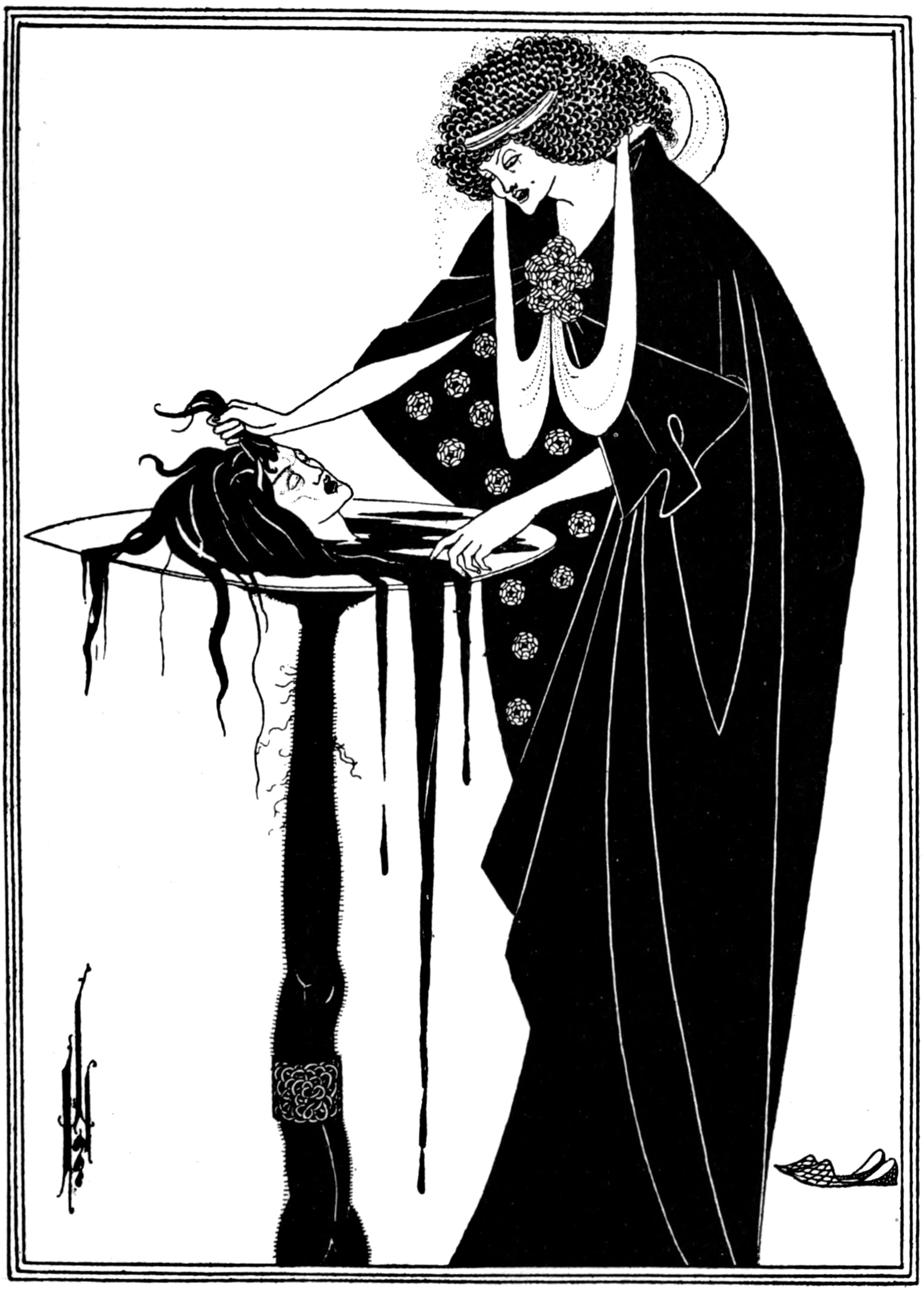|
Franz Grainer
Franz Grainer (born 28 September 1871 in Bad Reichenhall, died 1948 in Munich) was a Bavarian photographer. Career Grainer created numerous portraits of the children of the last crown prince of Bavaria, Rupprecht, especially the firstborn Luitpold and the son Albrecht, who was the only one to reach adulthood. In 1919, he was one of the founding members of the Gesellschaft Deutscher Lichtbildner (GDL), the predecessor of the German Academy of Photographs, whose chairmanship he later took over and still held in the power takeover of the National Socialists. In addition to portrait photographs, more and more nude studies emerged in the 1920s. Works by Grainer are held at the Museum Folkwang in Essen and the Fotomuseum in the Munich Stadtmuseum. Works *''From the wild. Thierstudien from the high Alps in snapshots by Franz Grainer bayer. Hofphotograph'', Berlin 1898 *''The modern female portrait, in: Das Deutsche Lichtbild. Year 1927'', Berlin 1927 Portrait gallery File:Lili ... [...More Info...] [...Related Items...] OR: [Wikipedia] [Google] [Baidu] |
Bad Reichenhall
Bad Reichenhall ( Central Bavarian: ''Reichahoi'') is a spa town, and administrative center of the Berchtesgadener Land district in Upper Bavaria, Germany. It is located near Salzburg in a basin encircled by the Chiemgau Alps (including Mount Staufen (1,771 m) and Mount Zwiesel (1,781 m)). Together with other alpine towns Bad Reichenhall engages in the Alpine Town of the Year Association for the implementation of the Alpine Convention to achieve sustainable development in the alpine arc. Bad Reichenhall was awarded Alpine Town of the Year in 2001. Bad Reichenhall is a traditional center of salt production, obtained by evaporating water saturated with salt from brine ponds. History * The earliest known inhabitants of this area are the tribes of the Glockenbecher-Culture (a Bronze Age Culture, from about 2000 B.C.) * In the age of the La Tene culture (about 450 B.C.) organised salt production commenced utilising the local brine pools. In the same period a Celtic place of worshi ... [...More Info...] [...Related Items...] OR: [Wikipedia] [Google] [Baidu] |
Munich
Munich ( ; german: München ; bar, Minga ) is the capital and most populous city of the German state of Bavaria. With a population of 1,558,395 inhabitants as of 31 July 2020, it is the third-largest city in Germany, after Berlin and Hamburg, and thus the largest which does not constitute its own state, as well as the 11th-largest city in the European Union. The city's metropolitan region is home to 6 million people. Straddling the banks of the River Isar (a tributary of the Danube) north of the Bavarian Alps, Munich is the seat of the Bavarian administrative region of Upper Bavaria, while being the most densely populated municipality in Germany (4,500 people per km2). Munich is the second-largest city in the Bavarian dialect area, after the Austrian capital of Vienna. The city was first mentioned in 1158. Catholic Munich strongly resisted the Reformation and was a political point of divergence during the resulting Thirty Years' War, but remained physicall ... [...More Info...] [...Related Items...] OR: [Wikipedia] [Google] [Baidu] |
Rupprecht, Crown Prince Of Bavaria
Rupprecht, Crown Prince of Bavaria, Duke of Bavaria, Franconia and in Swabia, Count Palatine by (the) Rhine (''Rupprecht Maria Luitpold Ferdinand''; English: ''Robert Maria Leopold Ferdinand''; 18 May 1869 – 2 August 1955), was the last heir apparent to the Bavarian throne. During the first half of the First World War he commanded the 6th Army on the Western Front. From August 1916, he commanded Army Group Rupprecht of Bavaria, which occupied the sector of the front opposite the British Expeditionary Force. Childhood Rupprecht was born in Munich, the eldest of the thirteen children of Ludwig III, the last King of Bavaria, and of Archduchess Maria Theresa of Austria-Este, a niece of Duke Francis V of Modena. He was a member of the lineage of both Louis XIV of France and William the Conqueror. As a direct descendant of Henrietta of England, daughter of Charles I of England, he was claimant to the thrones of England, Scotland and Ireland in the Jacobite succession. His e ... [...More Info...] [...Related Items...] OR: [Wikipedia] [Google] [Baidu] |
Albrecht, Duke Of Bavaria
Albrecht, Duke of Bavaria (Albrecht Luitpold Ferdinand Michael; 3 May 1905 – 8 July 1996) was the son of the last crown prince of Bavaria, Rupprecht, and his first wife, Duchess Marie Gabrielle in Bavaria. He was the only child from that marriage that reached adulthood. His paternal grandfather was Ludwig III of Bavaria, the last king of Bavaria, who was deposed in 1918. Life Following the First World War, Albrecht's grandfather King Ludwig was deposed. Albrecht and the family moved from Bavaria to the Austrian Tyrol. Prior to the Second World War, his family, the House of Wittelsbach, were opposed to the regime of Nazi Germany and refused to join the Nazi Party. The decision meant that Prince Albrecht, who had been studying forestry, was unable to complete his studies. In 1940 Albrecht took his family to his estate at Sárvár, Vas, Hungary. In October 1944, after Germany had occupied Hungary in March, the Wittelsbachs were arrested and imprisoned in the Sachsenh ... [...More Info...] [...Related Items...] OR: [Wikipedia] [Google] [Baidu] |
Museum Folkwang
Museum Folkwang is a major collection of 19th- and 20th-century art in Essen, Germany. The museum was established in 1922 by merging the Essener Kunstmuseum, which was founded in 1906, and the private Folkwang Museum of the collector and patron Karl Ernst Osthaus in Hagen, founded in 1902. The term ''Folkwang'' derives from the name of the afterlife meadow of the dead, Fólkvangr, presided over by the Norse goddess Freyja. Museum Folkwang incorporates the Deutsche Plakat Museum (German poster museum), comprising circa 340,000 posters from politics, economy and culture. During a visit in Essen in 1932, Paul J. Sachs called the Folkwang "the most beautiful museum in the world." In 2007, David Chipperfield designed an extension, which was built onto the older building. History Museum Folkwang in the Nazi era , director of the museum in the 1920s and 1930s, and earlier directors, had made the museum's collection of modern art into one of the leading collections in the world ... [...More Info...] [...Related Items...] OR: [Wikipedia] [Google] [Baidu] |
Munich Stadtmuseum
The Munich Stadtmuseum (German: "Münchner Stadtmuseum") or Munich City Museum, is the city museum of Munich. It was founded in 1888 by Ernst von Destouches. It is located in the former municipal arsenal and stables, both buildings of the late Gothic period. Permanent exhibitions *Culture history of Munich from the establishment of the city to the present. The exhibition includes among many other artworks the famous gothic Morris dancers, created by Erasmus Grasser for the festival hall of the Old Town Hall, and the original puttos of the Mary's Column. *National Socialism in Munich This exhibitions explains the history of the former "Hauptstadt der Bewegung" (Capital of the aziMovement). *Music collection: More than 2.000 musical instruments from Africa, America, Asia and Europe belong to this grand collection. *Puppet theatre collection: This collection displays the cultural history of the puppet theatre. *Photography collection: The ''Fotomuseum'' was founded in 19 ... [...More Info...] [...Related Items...] OR: [Wikipedia] [Google] [Baidu] |
Salome (play)
''Salome'' (French: ''Salomé'', ) is a one-act tragedy by Oscar Wilde. The original 1891 version of the play was in French; an English translation was published three years later. The play depicts the attempted seduction of Jokanaan (John the Baptist) by Salome, step-daughter of Herod Antipas; her dance of the seven veils; the execution of Jokanaan at Salome's instigation; and her death on Herod's orders. The first production was in Paris in 1896. Because the play depicted biblical characters it was banned in Britain and was not performed publicly there until 1931. The play became popular in Germany, and Wilde's text was taken by the composer Richard Strauss as the basis of his 1905 opera ''Salome'', the international success of which has tended to overshadow Wilde's original play. Film and other adaptations have been made of the play. Background and first production When Wilde began writing ''Salome'' in late 1891 he was known as an author and critic, but was not yet establ ... [...More Info...] [...Related Items...] OR: [Wikipedia] [Google] [Baidu] |
Christian Schad
Christian Schad (21 August 189425 February 1982) was a German painter and photographer. He was associated with the Dada and the New Objectivity movements. Considered as a group, Schad's portraits form an extraordinary record of life in Vienna and Berlin in the years following World War I.CHRISTIAN SCHAD AND THE NEUE SACHLICHKEIT, March 14-June 9, 2003 Neue Galerie New York. Life Schad was born in , |
Carl Sternheim
Carl Sternheim (born William Adolph Carl Francke; 1 April 1878 – 3 November 1942) was a German playwright and short story writer. One of the major exponents of German Expressionism, he especially satirized the moral sensibilities of the emerging German middle class during the Wilhelmine period. Early life and education Sternheim was born in Leipzig, the son of Rosa Marie Flora (née Francke) (1856–1908) and Carl Julius Sternheim (1852–1918), a banker. His parents married two years after he was born. His father was Jewish and his mother was a Lutheran from a working-class family. Sternheim grew up in Hannover and Berlin. Between 1897 and 1902, he studied philosophy, psychology, and jurisprudence intermittently at the Universities of Munich, Göttingen, and Leipzig, but never graduated. Family and career In 1900, he began working as a freelance writer in Weimar, where he met and married his first wife Eugenie Hauth the same year. Their union ended in 1906 and he marr ... [...More Info...] [...Related Items...] OR: [Wikipedia] [Google] [Baidu] |
Ferdinand Sauerbruch
Ernst Ferdinand Sauerbruch (; 3 July 1875 – 2 July 1951) was a German surgeon. His major work was on the use of negative-pressure chambers for surgery. Biography Sauerbruch was born in Barmen (now a district of Wuppertal), Germany. He studied medicine at the Philipps University of Marburg, the University of Greifswald, the Friedrich Schiller University of Jena, and the University of Leipzig, from the last of which he graduated in 1902. He went to Breslau in 1903, where he developed the Sauerbruch chamber, a pressure chamber for operating on the open thorax, which he demonstrated in 1904. This invention was a breakthrough in thorax medicine and allowed heart and lung operations to take place at greatly reduced risk. As a battlefield surgeon during World War I, he developed several new types of limb prostheses, which for the first time enabled simple movements to be executed with the remaining muscle of the patient. Sauerbruch worked at the Ludwig Maximilian University of ... [...More Info...] [...Related Items...] OR: [Wikipedia] [Google] [Baidu] |
Photographers From Bavaria
A photographer (the Greek φῶς (''phos''), meaning "light", and γραφή (''graphê''), meaning "drawing, writing", together meaning "drawing with light") is a person who makes photographs. Duties and types of photographers As in other arts, the definitions of amateur and professional are not entirely categorical. An '' amateur photographer'' takes snapshots for pleasure to remember events, places or friends with no intention of selling the images to others. A ''professional photographer'' is likely to take photographs for a session and image purchase fee, by salary or through the display, resale or use of those photographs. A professional photographer may be an employee, for example of a newspaper, or may contract to cover a particular planned event such as a wedding or graduation, or to illustrate an advertisement. Others, like fine art photographers, are freelancers, first making an image and then licensing or making printed copies of it for sale or display. So ... [...More Info...] [...Related Items...] OR: [Wikipedia] [Google] [Baidu] |
1871 Births
Events January–March * January 3 Events Pre-1600 * 69 – The Roman legions on the Rhine refuse to declare their allegiance to Galba, instead proclaiming their legate, Aulus Vitellius, as emperor. * 250 – Emperor Decius orders everyone in the Roman Empire (except ... – Franco-Prussian War – Battle of Bapaume: Prussians win a strategic victory. * January 18 – Proclamation of the German Empire: The member states of the North German Confederation and the south German states, aside from Austria, unite into a single nation state, known as the German Empire. The King of Prussia is declared the first German Emperor as Wilhelm I of Germany, in the Hall of Mirrors at the Palace of Versailles. Constitution of the German Confederation (1871), Constitution of the German Confederation comes into effect. It abolishes all restrictions on Jewish marriage, choice of occupation, place of residence, and property ownership, but exclusion from government employm ... [...More Info...] [...Related Items...] OR: [Wikipedia] [Google] [Baidu] |





_(LOC)_-_Flickr_-_The_Library_of_Congress.jpg)